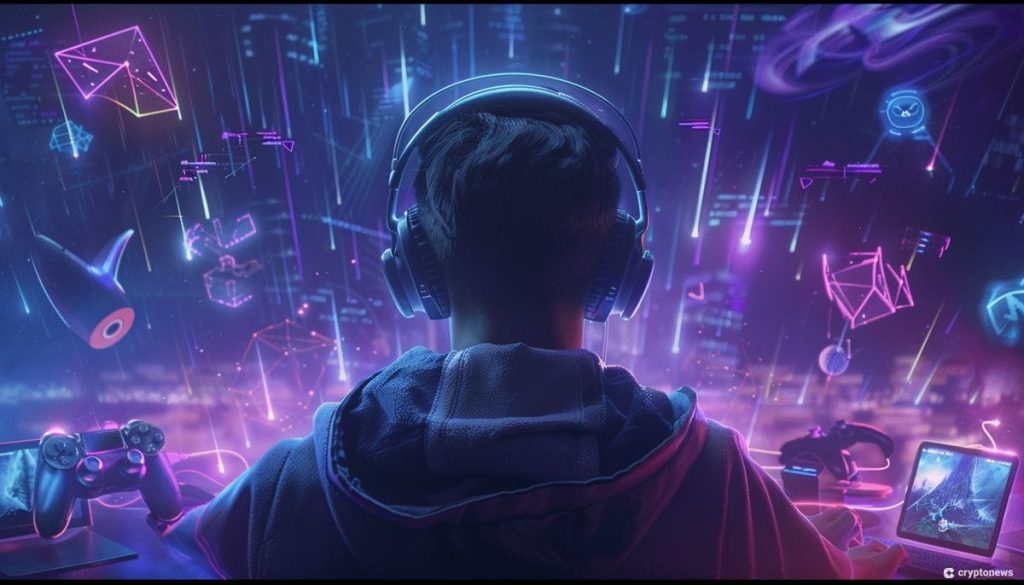Galactic Group is launching a AAA Web3 game publisher in the UAE called Galactic Entertainment Publishing, with the goal of redefining the gaming space as one of the world’s first play-to-own publishers. The company is backed by industry visionary Loren Roosendaal and co-founder Mark Meyers, former Head of Disney’s AAA Studios. The first title under this vision is Planet Quest, which has already garnered over 300,000 connected wallets and a dedicated fanbase of over 200,000 holders of Planet Quest NFTs. The team behind the game includes industry veterans from Epic, Disney, Warner Bros., and Activision-Blizzard, with contributions from fans shaping the storyline and lore of the game.
The involvement of the game’s fanbase has had a significant impact on the development of Planet Quest, with over 250,000 fans co-creating the storyline and lore of the game. This engagement has resulted in a real community with a genuine investment in the product, rewarded with in-game assets for their participation. Chief Creative Officer Jon McCoy comments on the unique experience of collaborating with fans from day one, creating a sci-fi universe in a way that has never been attempted before. The play-to-own model leverages blockchain technology and NFTs to provide users with full ownership of in-game assets, such as characters, items, or land, ultimately benefiting publishers, developers, and players by reducing ad spend, providing feedback, and delivering better games.
The Free-to-Play model, which dominates the gaming industry today, is showing cracks as publishing costs rise due to massive advertising expenditure to attract new players. Co-Founder Mark Meyers attributes the success of the play-to-own model to the engagement of the community and the ownership of in-game assets. Loren Roosendaal aims to correct the current trend of players spending significant amounts of money and time on in-game items they don’t actually own, creating a new standard for global entertainment. The play-to-earn concept shifts towards community-driven decisions and ownership to establish a transactional relationship between the publisher and the player, in contrast to the parasitic relationship prevalent in the industry.
The publishing costs of games are increasing as publishers spend billions on advertising to attract new players, passing these costs on to players through increasingly expensive in-game purchases. The play-to-own model offers a solution to this issue, rewarding players for their participation and ownership of in-game assets. Roosendaal believes that the future of gaming lies in play-to-own titles, where players have a stake in the games they play, creating a more engaged player base and a more sustainable business model. By involving the community early on in the development process and rewarding them for their contributions, publishers can reduce costs and improve the overall gaming experience for players.
The play-to-own revolution aims to redefine the gaming industry by shifting towards a model that rewards players for their engagement and ownership of in-game assets. By leveraging blockchain technology and NFTs, players can have full ownership of characters, items, and land within the game, creating a more immersive and rewarding experience. The involvement of the gaming community in the development process and the rewards for their participation are essential in creating a successful play-to-own model. Galactic Entertainment Publishing’s Planet Quest is leading the way in this revolution, with its dedicated fanbase and innovative approach to game development. The future of gaming may indeed lie in play-to-own titles that empower players and create a more sustainable and engaging gaming ecosystem.


